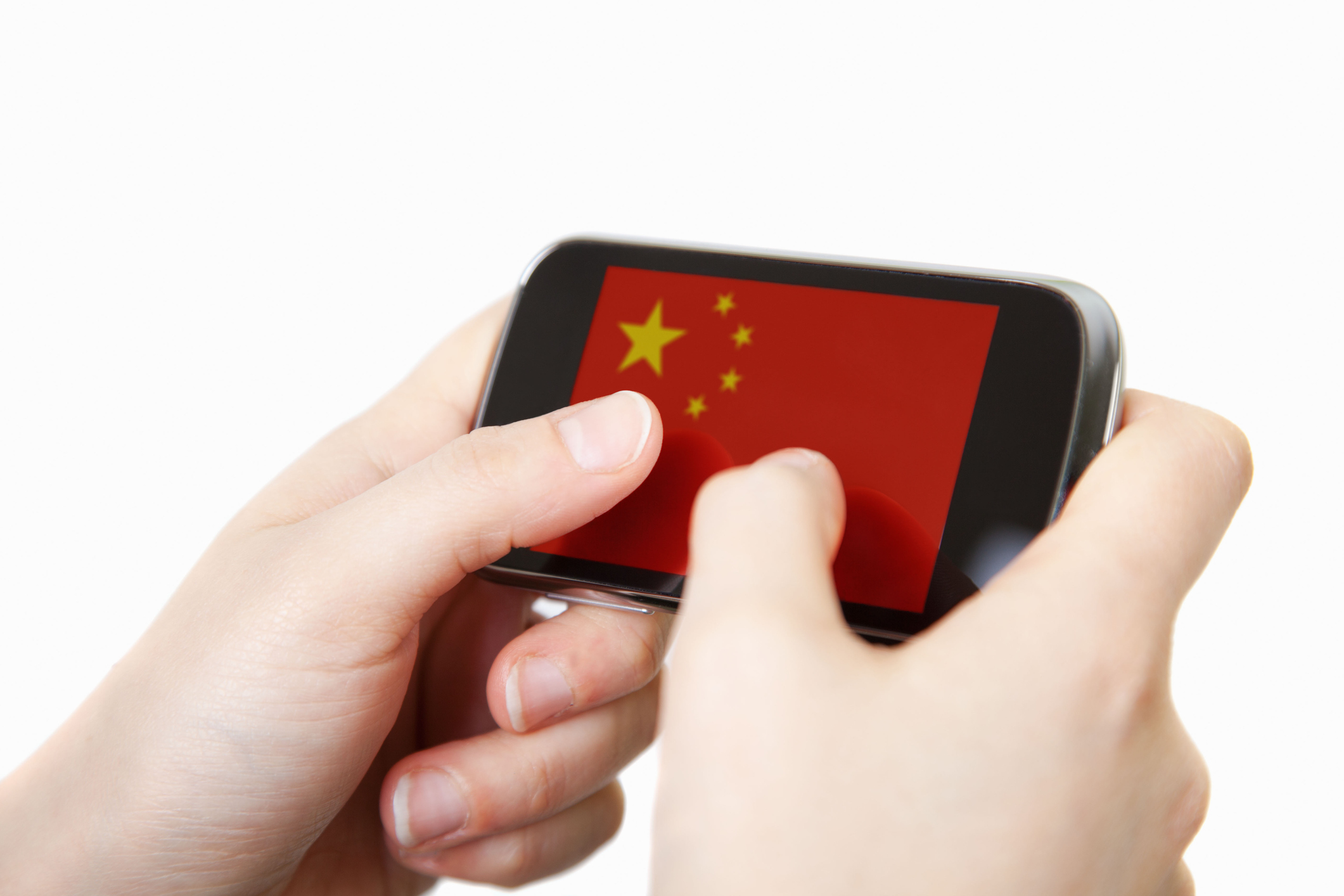
Millions in China were shocked earlier this year when video of a 13-year-old boy in Guangxi threatening to hack his father with a cleaver went viral on social media. The reason for the son’s rage: his father had taken his phone away for spending too much time on it. The incident became an extreme example of the dangers of screen addiction that plagues Chinese youth.
Now, it’s the government that wants to take kids’ phones away. On Wednesday, the country’s cyberspace regulator announced a proposal to curb smartphone use among children by requiring providers of smart devices to have a “minor mode” that would limit usage by those under the age of 18 to at most two hours.
The proposed regulation is in a comment period that lasts until Sept. 2, but it’s already sent tech markets in the country tumbling. Chinese tech shares in Hong Kong fell Wednesday, with Alibaba down over 3% and Bilibili down close to 7%, continuing to fall slightly the next day. Tencent fell more than 3% while Weibo was down more than 5%.
“There are all sorts of businesses which provide services to children online,” Minglu Chen, senior lecturer of Chinese governance at the University of Sydney, tells TIME, “so their interest would be hurt massively if this is going to be a policy.”
Still, the move was not exactly unexpected. The government of President Xi Jinping has repeatedly said that the young people are crucial to China’s development, and authorities have previously introduced measures to regulate youth tech addiction, like limiting the time children can play video games to less than three hours a week, and cracking down on online fandom culture. Social media sites like Douyin, China’s TikTok counterpart, and microblogging platform Weibo, have also similarly instituted restrictions for children, including a 40-minute daily limit and a ban on users under 14, respectively.
Smartphone addiction in particular has been exacerbated by the COVID-19 pandemic. A 2022 study from researchers at Canada’s McGill University found that China, along with Malaysia and Saudi Arabia, ranked the highest among 24 countries for problematic smartphone use. China’s state-run paper, Global Times, acknowledged the problem, citing a survey that showed 21.3% of left-behind children (children under 16 whose parents both go out of their hometown to work) had become seriously addicted to smartphones.
The consequences can be severe. Addiction to phones has been linked not only to unproductivity and antisocial behavior, but also to higher stress levels, poor sleep quality, and mood disorders. The UN’s education, science, and culture organization (UNESCO) are backing a smartphone ban in schools for its links to low academic performance and increased incidence of bullying.
“These are children who will grow up to be the labor force of China in some years,” says Chen. “So there has always been strong concern about [how children are raised to] serve the interests of the state in the future.”
The proposed policy
Under the Cyberspace Administration of China’s (CAC) proposal, smart mobile devices and applications should have a minor mode that could easily be toggled on or off by adult users.
Parents are “encouraged” to activate the minor mode on their children’s devices, and exiting the minor mode would require a parent’s approval.
In the minor mode, devices and applications would be required to limit daily use to 40 minutes for those under 8 years old, an hour for those under 16, and two hours for those under 18. Once the time’s up, the device must shut down applications that aren’t exempted by parents.
Some features, including those related to emergency services and education programs, won’t be subjected to any time limits.
In the proposed minor mode, access to online communities, group chats, and forums that discuss fundraising for aid, voting for rankings, and spamming is also disallowed.
Implementation challenges
How effective such a ban will be remains to be seen, as the restrictions could be bypassed by tech-savvy users—a concern also present in other places in the world considering similar rules. Apps like TikTok have tried to regulate minors’ time on the platform, but for many of its young users, these controls are easy to circumvent.
Read More: 'We Can Turn It Off.' Why TikTok's New Teen Time Limit May Not Do Much
Despite the specific requirements for device and app makers, China’s proposal wasn’t clear on how the policy will be enforced, aside from government inspections. Penalties for violators weren’t specified, causing concern among tech companies worried about being held accountable for implementing the new rules.
China does, however, have a registry of all the people that use its internet, including those playing video games regularly, which allows it to monitor—and regulate—its use. It has employed a strict real-name internet registration system that it has continued to tighten over the years. Despite this, many children seeking to play video games beyond the limits already imposed have found workarounds, from fake IDs to smartphone arcades.
Alfred Wu, an associate professor who researches Chinese governance at Singapore’s Lee Kuan Yew School of Public Policy, said with the challenges in implementation, the proposal appears to be more of a “signal” to tech firms and children rather than a hard and fast rule: “It's very much like stepping into an area [where the] government actually has no control in reality.”
—Koh Ewe contributed reporting.
More Must-Reads from TIME
- Inside Elon Musk’s War on Washington
- Meet the 2025 Women of the Year
- The Harsh Truth About Disability Inclusion
- Why Do More Young Adults Have Cancer?
- Colman Domingo Leads With Radical Love
- How to Get Better at Doing Things Alone
- Cecily Strong on Goober the Clown
- Column: The Rise of America’s Broligarchy
Contact us at letters@time.com